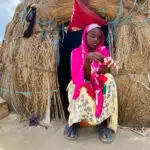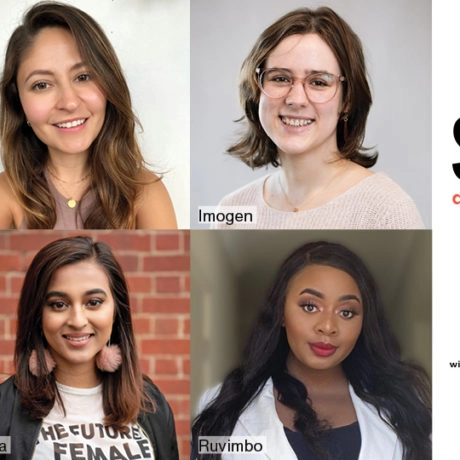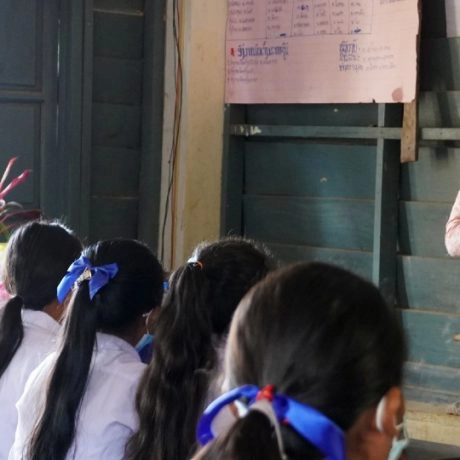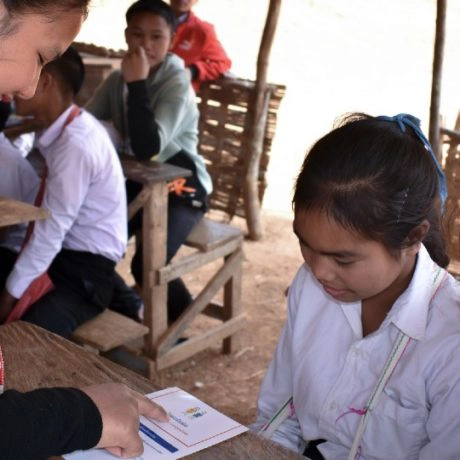News and Stories - Partnerships - 12 December 2022
Partnering to end period poverty
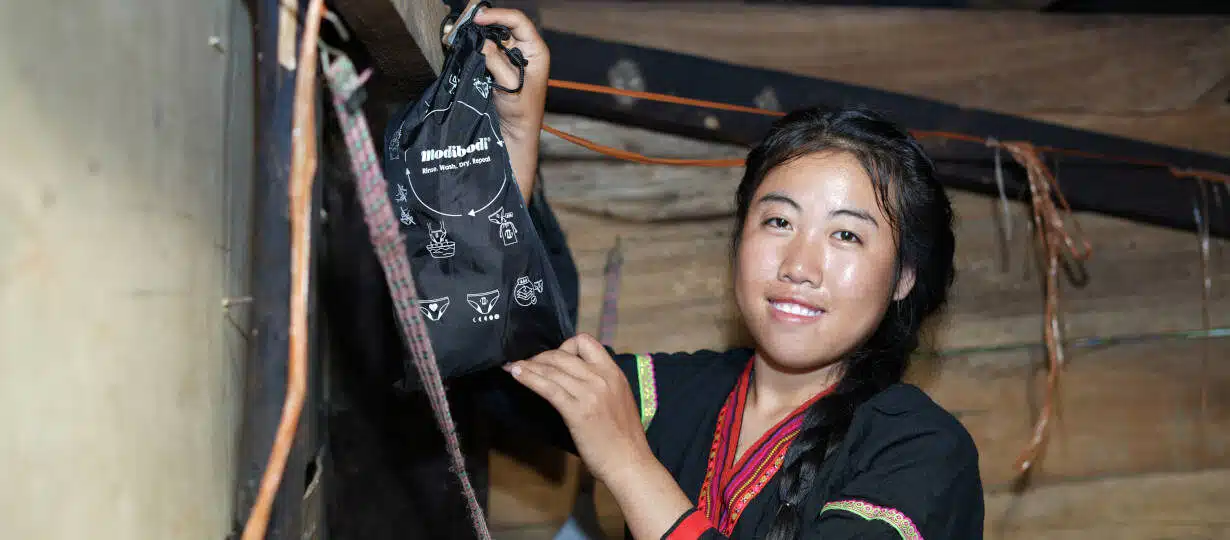
Together with sustainable period brand Modibodi, we’ve been working to ensure thousands of girls and women can access safe and sustainable period products.
Menstrual health management remains a significant challenge for many Lao women and girls, particularly in the rural north. An absence of comprehensive menstrual health education in the school curriculum paired with widespread inflation and soaring living costs continues to drive period poverty across the country.
These challenges are amplified in remote and difficult to reach regions; many girls in these places have had little access to schooling, therefore missing out on vital sexual and reproductive health and menstrual hygiene information and assistance.
That’s why, together with sustainable period brand Modibodi, we’ve been working to ensure thousands of girls and women can access safe and sustainable period products, live free from period stigma and participate more fully in daily life – including their education.
Over the past year we have worked with our local partners in Laos to deliver menstrual health education programs alongside the distribution of Modibodi’s reusable menstrual underwear. Plan International and Modibodi first piloted this innovative approach in Indonesia in 2020, providing 1000 pairs of Modibodi underwear to 333 girls and women in remote communities.
“Some students don’t have enough money to buy sanitary pads to wear to school, so they feel nervous and skip classes. But after receiving Modibodi packs, they are confident to attend school and join in school activities.”- Bounthan Mekdala, Technical Officer, District Education and Sports Bureau
The pilot was so successful in increasing girls’ knowledge and confidence to manage their periods that we set our sights on delivering a scaled up version of the program in rural Laos, to break down harmful taboos and attitudes around periods and provide critical information on how to manage periods safely.
In March and April 2022, in collaboration with the District Education and Sports Bureau, Laos Solidarity and Plan International Laos, we delivered our menstrual health education program to 4,450 adolescent girls and women in secondary schools and health centres across remote villages of Saravan and Oudomxay provinces, and to women and staff at the Laos Disabled Women’s Development Centre – along with an incredible 22,000 pairs of Modibodi underwear. Each program participant received a pack containing five pairs of medium flow black period pants, packaged in a small waterproof black bag, as well as a bucket and washing powder.
When 18-year-old Tan first started menstruating in grade nine she went home from school. But since taking part in the program and receiving her Modibodi pack, she feels comfortable going to class during her period – and she no longer has to ask her parents for money to buy sanitary products.
“When I saw the Modibodi bag, I thought it would just be like the normal sanitary pads that are sold in the market,” she explains. “I was happy to see the bag contained pants because it would be easy to use. I think it can last for a few years if they are well cared for.”
Tan’s classmate, 18-year-old Souvanh is also in grade twelve and has noticed the financial benefit of her new reusable Modibodi pants too.
“Every month I spend money around 15,000-25,000 kip ($2-4) to buy sanitary pads,” she says. “I like Modibodi pants more than normal sanitary pads because they are easy to use, comfortable to wear and cost saving.”
And Souvanh’s newly gained knowledge around menstruation has even helped her to bust some myths about that time of the month.
“When I was 15 years old, I already knew how to use a sanitary pad from my sister, who told me about foods that should not be eaten during my period, such as fermented foods and shrimp paste because it will cause menstrual cramps,” she shares. “But recently, my friend who is a member of the student club also shared accurate information about reproductive health, self-care during periods and explained that it is important to change the pads frequently, at least three times a day. I also know now that I can eat any food I like when I have my period.”
Manivanh Phetsalath, Plan International’s Adolescent Project Manager has found distribution events a great way to increase knowledge around menstruation and start a conversation around normalising periods, so that girls can thrive in school.
“After the team explained what the Modibodi pants are and how to use them, the students at our target secondary schools were interested to touch and try them. Some women and girls have misconceptions about menstruation and reproductive health – an important part of our work is to break these taboos,” Manivanh explains. “During these types of events, we explain to the girls that having your period is a natural and normal thing that happens every month – you can eat what you want and do activities as you would normally.”
Between the pilot in Indonesia and our most recent program in Laos, the program has already made a huge impact on the menstrual health outcomes for almost 5,000 girls and women in Southeast Asia, empowering them to manage their periods safely, affordably and with dignity, while also reducing environmental impacts that occur with the use of disposable period products.
Thank you to our partner Modibodi for working together with us and with communities in Laos and Indonesia to achieve such important results for girls and young women.
Learn more about how organisations partner with us.


